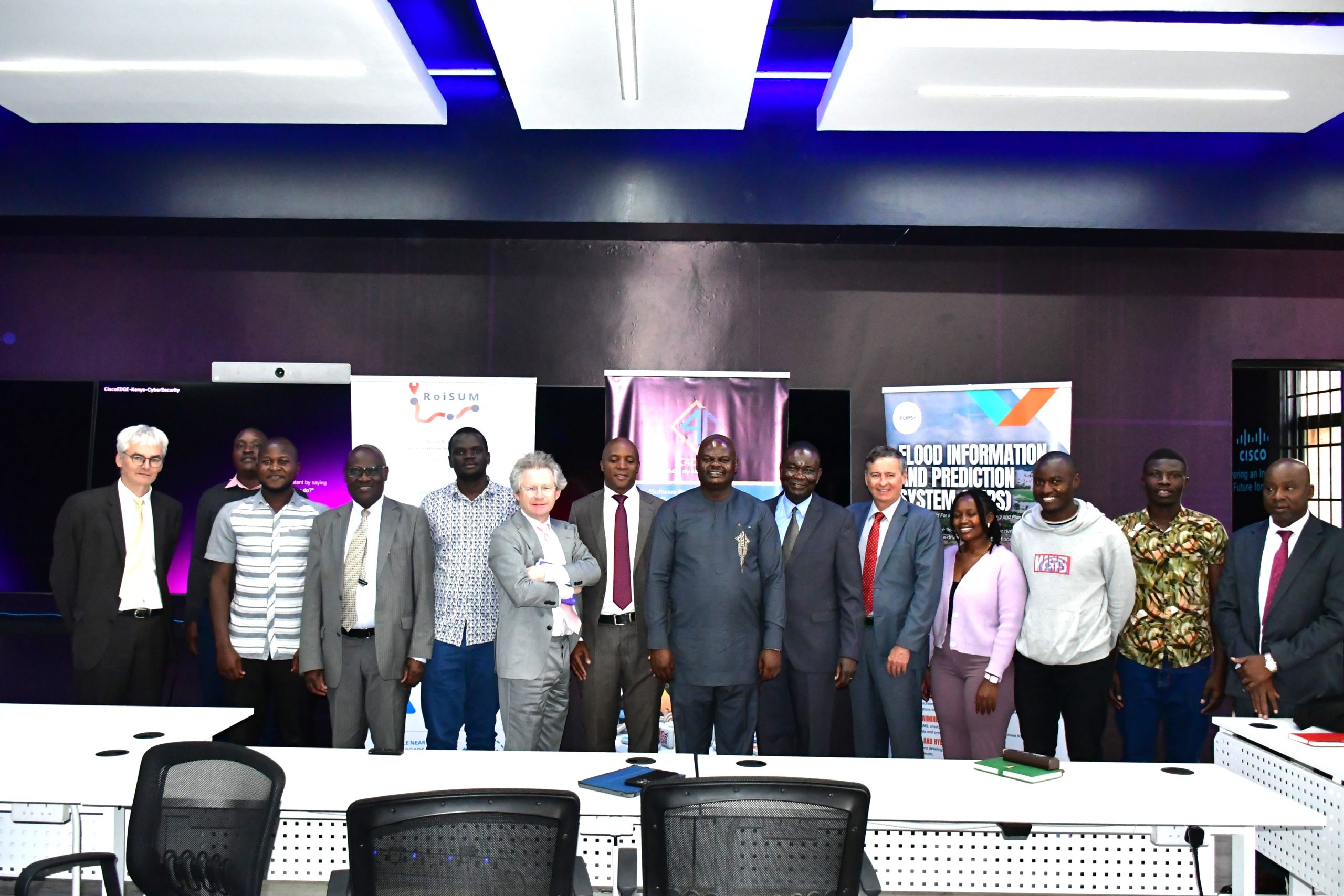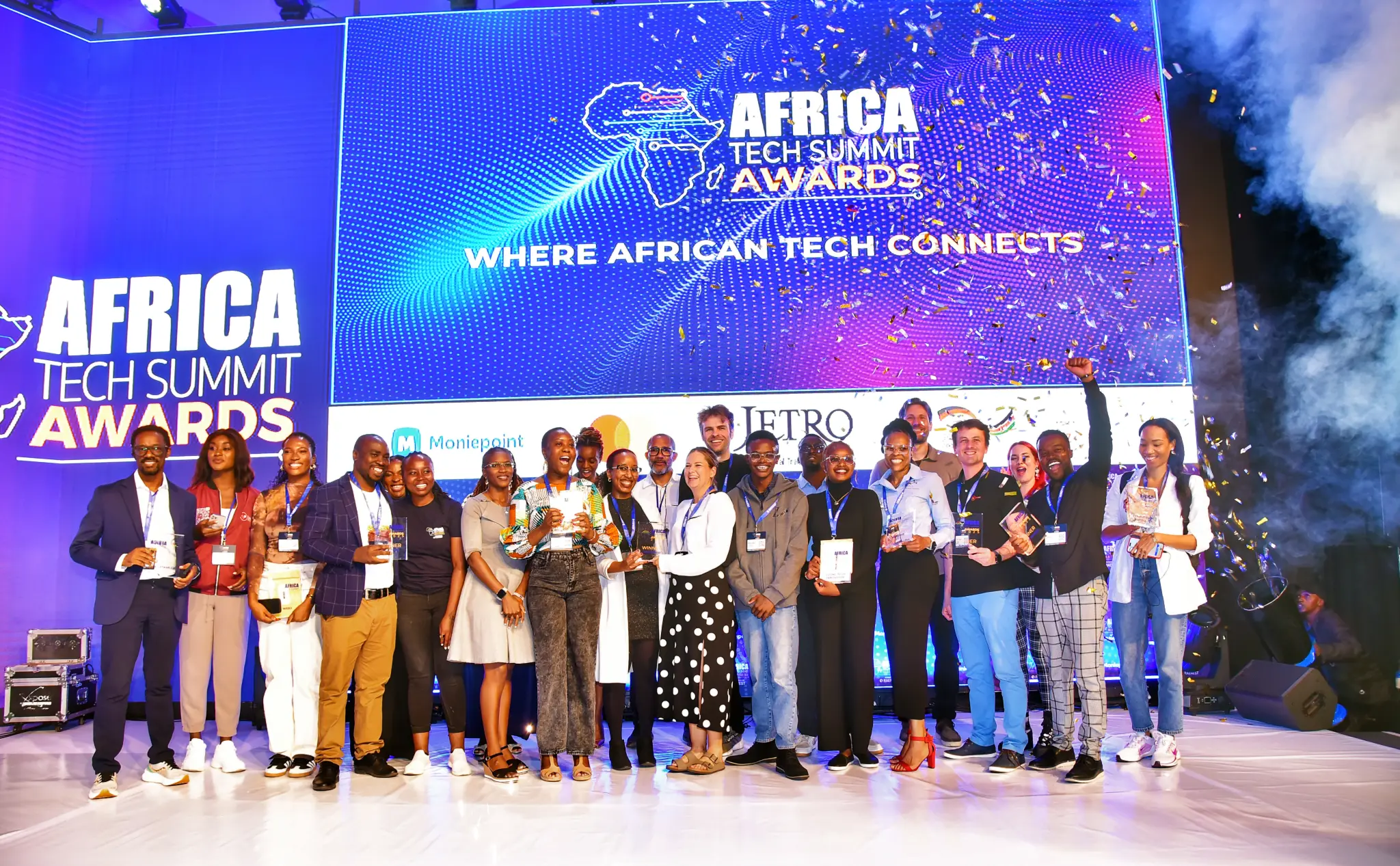The African Engineering and Technology Network (Afretec), a pan-African collaboration consisting of technology-centric universities across Africa, has awarded five $250,000 grants and eight $50,000 grants to build research capacity and accelerate inclusive digital growth throughout the African continent. Each multi-institutional research team will build on existing science, engineering, and technology in disciplines such as artificial intelligence (AI), machine learning, robotics, information technology, and cybersecurity.
The selected projects are particularly focused on improving the state of health, environment and sustainability, and energy in Africa. Several projects will also address the United Nations Sustainable Development Goals (UN SDGs), which were created with the goal of improving every aspect of human and environmental well-being.
Awarded seed grants
Real-time noise level web mapping through crowdsourcing: toward creating sustainable urban environments
Principal investigator: David Siriba
Partner institutions: University of Nairobi, University of Rwanda, Israel Institute of Technology
Noise pollution can have negative impacts on the well-being, health, and quality of life of urban residents. However, implementing and enforcing noise regulations requires consistent, continued availability of live data. This project proposes Volunteered Geographic Information (VGI), a tool that could help with effective noise reduction by crowdsourcing noise level data and creating a real-time noise level database and map.
Leveraging IoT and Edge-AI for detecting and managing schistosomiasis
Principal investigators: Moustafa Youssef, Benyl Muyoma Ondeto
Partner institutions: American University in Cairo, University of Nairobi, Université Cheikh Anta Diop
Schistosomiasis is a parasitic disease diagnosed by detecting microscopic worm eggs in stool, urine, or organ biopsies. The drug praziquantel is effective against schistosomiasis, but the disease continues to impact impoverished communities, especially in Africa. The goal of this project is to develop a prototype of a sensing device and an AI-based decision support system to help with the detection and management of schistosomiasis.
Application of AI techniques for extracting carbon from landfill waste for renewable energy
Principal investigator: Abdul Ganiyu Adelopo
Partner institutions: University of Lagos, University of Nairobi, Carnegie Mellon University Africa
African cities face a critical challenge in waste management due to rising urban populations and overloaded landfills. This project aims to use AI to assess the potential of resource reuse from landfills in African cities, focusing on renewable energy storage. The project will endeavor to create new datasets for predictive landfill machine-learning models and promote a cost-effective shift to renewable energy in African cities.
An investigation of a monitoring and predicting algorithm model for climate change-related diseases in African urban cities
Principal investigator: Immaculata Nwokoro
Partner institutions: University of Nairobi, University of Lagos
This project proposes an AI-driven predictive management system to tackle climate change-related diseases in African urban cities, addressing the acute challenges of limited health facilities and workforce shortages. The study aims to develop a robust data gathering system using Interactive Voice Response (IVR) connected to the Internet of Things (IoT), ensuring data inclusivity and confidentiality.




